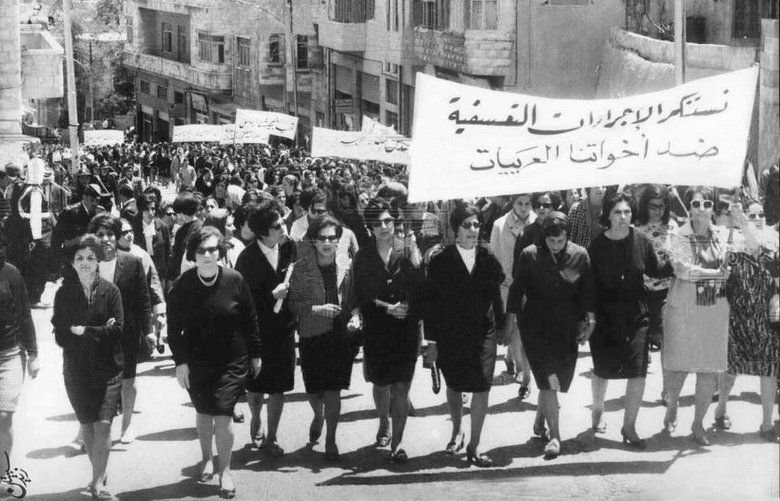For Jordanian Women, a Year of Hard-Won Progress and Continuing Challenges
In the month that commemorates Women’s Day, it is important to highlight what Jordanian women have achieved in the fight for their rights throughout 2017. Just one year ago, women were not in the same condition as they are now.
It is just as important, however, to note that obstacles still exist.
Despite a successful campaign to repeal a legal loophole allowing rapists to marry their victims, numerous challenges still lie ahead toward achieving gender equality in Jordan, including child marriage, barriers to joining the job market, and a nationality law that bans women from passing down their nationality to their children.
Child marriage and rape
Article 308 of the Jordanian penal code originally stated that rapists could avoid jail time if they marry their victims and remain married for at least three to five years. According to a study by a local civil society group, a total of 70% of Jordanians regarded this as a loophole for male rapists to escape punishment, while 30% considered it to be a way of “saving a girl’s honor” in a conservative society such as Jordan’s.
After 20 years of pressure from women’s right activists, Muslim scholars, and Christian priests, the article was amended in 2016 to include only incidents of rape in which the girl is aged 15 to 18, and with consent. Given that girls within that age range are still minors — and even if they weren’t, it is unlikely that a victim would want to marry her rapist — 63 women’s rights organizations started a campaign over social media urging for the article to be scrapped altogether.
On August 1, 2017, the article finally passed cabinet, after months of sessions.
While the abolishment of Article 308 was a success, 2017 also saw the cabinet approve new regulations allowing for minors as young as 15 to get married if two judges authorize the union.
Many Jordanians are against the bill, and have mocked the government on social media for the decision. A global competition was even launched to award the most expressive cartoon against child marriage.
Statistics have indicated that nearly 20% of marriages in Jordan involve minors, who at the same time cannot vote, drive or drink.